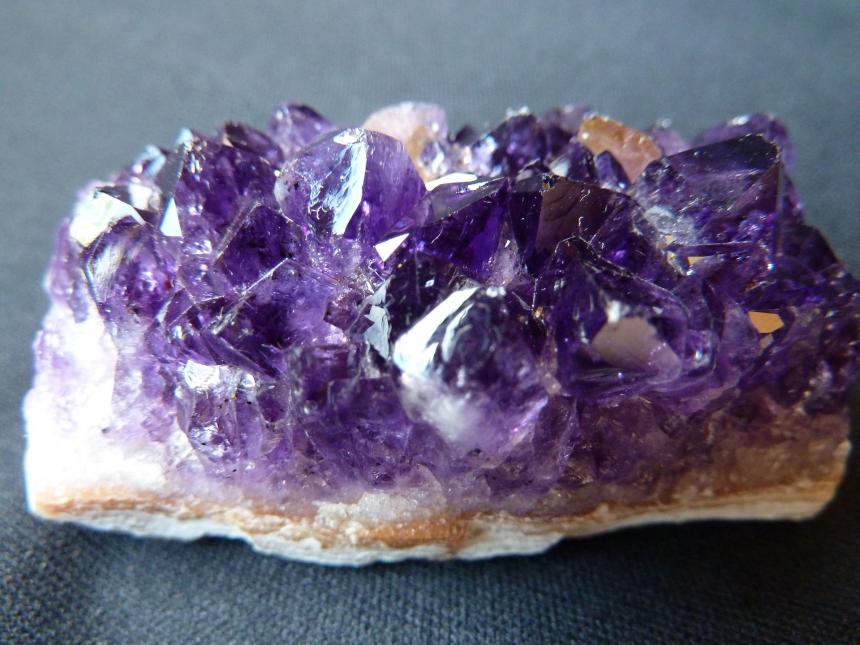
Cobalt recycling has gained significant momentum over the last few years. Cobalt is a rare and important element used in a number of industries and applications. Used to in the aviation industry, glass making, in medicine, to make magnets, cobalt suffices a number of use cases. But, in recent times, cobalt has become one of the most sought after metals for its inclusion in battery production. From smartphones to laptops to electric vehicles, lithium-ion batteries are crucial for a number of applications, and their use is only going to increase.
As much cobalt is used in the manufacture of batteries for modern electronics, its mixing with other metals yields ‘superalloys’ which are extremely heat resistant and are used in aviation.
Though cobalt is used in small amounts in batteries, an absolute substitute has not been found, hence the need for cobalt recycling. Another reason for it is that much cobalt production is concentrated in one region of the world, with a few other countries - Canada, China, Russia and Australia - providing the rest. Essentially, industry is constantly at threat from disrupted supply lines and cobalt recycling is essential for maintain cobalt availability.
With electric vehicles (EVs) requiring large batteries to propel them, cobalt has become a highly vaunted commodity and cobalt recycling quintessential to dampening any disruption to supply chains.
A major source of cobalt recycling is batteries in smartphones, which are estimated to consume nearly 10 per cent of global cobalt production. At present, few smartphone owners choose to recycle, when, in fact, they could extract value from a seemingly defunct device.
Cobalt is also alloyed with other metals to produce highly temperature resistant materials that have been used in gas turbines, jet engines and other surfaces subjected to severe heating. Cobalt is also added to titanium in the manufacture of hard-wearing and long-lasting orthopaedic implants.
Cobalt is used in industries in cobalt electroplating, as a dye, as coating and much more besides. It is for this reason cobalt recycling must be able to work with a plethora of materials containing cobalt: including cobalt sludge, cobalt waste, cobalt grindings and more.
If you are unsure about your used material containing cobalt, get in touch with us so we can guide you better.
Alnor Industries has 40 years of experience in scrap metal. Our commitment and transparency make us a key player in the market. We have developed transparent processes for handling scrap metal. Our customers know they have been treated fairly and to the best of our abilities.
We arrange pick up of your scrap metal and can assist you in determining what is or is not of value.


